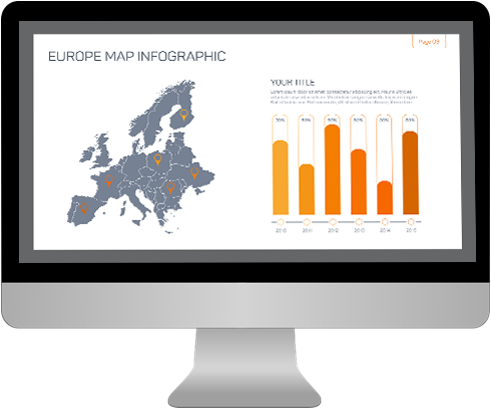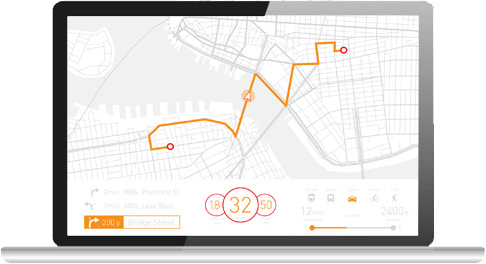ADVANCED ANALYTICS
Examination of data or content using sophisticated techniques and tools, typically beyond those of traditional business intelligence (BI), to discover deeper insights, make predictions, or generate recommendations.
Advanced analytic techniques include
Location, Data/text mining, Machine learning, Pattern matching, Forecasting, Visualization, Network and Cluster Analysis, Multivariate Statistics, Graph Analysis and Simulation

Location Intelligence.
Transforming your location data into business outcomes, integrating data quality, geo-demographics, and analytics with traditional mapping and geographic information systems.
Maps provide more comprehensive connections between data and location to help you understand data at finer detail.
- Generate insights and make predictions that would not be possible using traditional tables and charts.
- Smart, interactive and customizable maps.
- GIS standards: work with all map projections and natively supports shapefiles.
- Support for Web Map Service (WMS), use base maps from a large variety of free or paid third-party providers.
Location Analytics.
Ability to gain business insight from the location (geographic) component of business data, not just new views of the data using smart maps.
Provide pre-coded, scientifically sophisticated geographic analysis to business users through a simple button or workflow.
- Break down information silos by using location as the common key for integration.
- Collaborative sharing and groups-based security, allowing to make data widely available while controlling access to sensitive data and analysis.


Predictive Analytics.
Predict your business and customer behavior and elevate analytics know-how throughout your company.
Data science: users can point-and-click to get instant linked views, one-click predictions, and proactive data profiles.
- Provide point-and-click authoring for users of all levels, and offers more advanced users the ability to run open source statistical language (R) models inside any analysis.
- Leverage existing platforms connecting to existing data functions written in R, SAS, MATLAB.
- Use your data to predict, create a plan, and act on it.
PROFESSIONAL SERVICES

CONTACT
Juan de Toledo, 10
28200 San Lorenzo del Escorial. Madrid
PHONE
+34 636 88 44 14